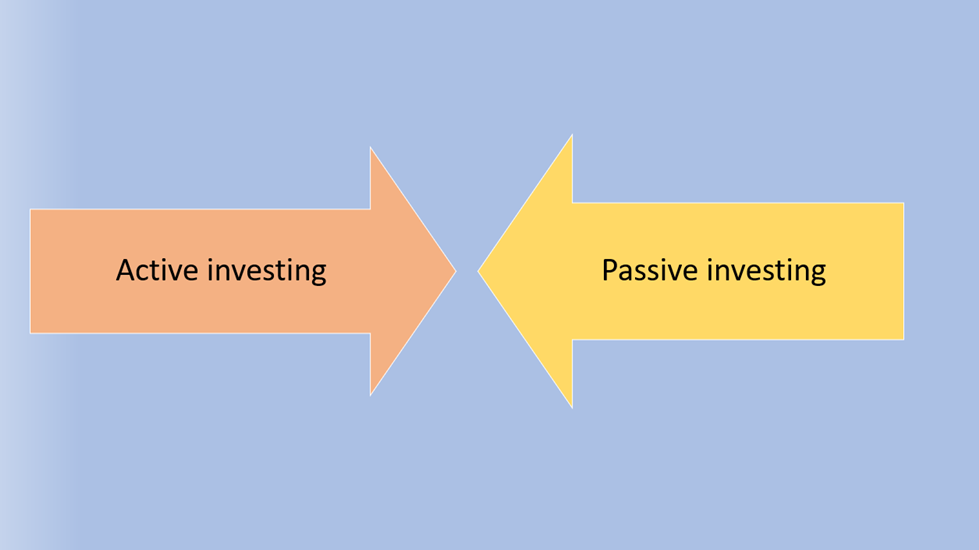Highlights
- New investors who are unaware of stock market dynamics or do not have ample time to research and stay updated about market trends generally prefer passive investing.
- On the other hand, experienced investors with adequate knowledge about stocks prefer active investing.
- An actively-managed fund mainly aims to deliver higher returns than index funds over a period of time.
- A passively-managed fund aims to replicate the underlying benchmark index and strictly follows its ups and downs.
People invest in the stock markets using two approaches: active investing or passive investing.
New investors who are unaware of stock market dynamics or do not have ample time to research and stay updated about market trends generally prefer passive investing.
On the other hand, experienced investors with adequate knowledge about stocks prefer active investing.
Let us understand the dynamics of active and passive investing in detail, which can help you decide the best-suited approach for you.
Also read: ETF vs Index Fund: Which is a better investment option?
What is active investing?
Active investing is when your portfolio is handled by fund managers with relevant qualification and expertise, who aim to earn you significant returns.
In simple terms, an actively-managed fund mainly aims to deliver higher returns than index funds over a period of time. For instance, mutual funds usually implement active investment strategies.
What is passive investing?
Passive investing aims to strictly follow market ups and downs.
Passive investing is often considered to be safer than active investing due to the lack of the possibility of human error. Such funds replicate the underlying benchmark index irrespective of the prevailing market conditions.
In passive investing, you basically invest in a fund that seeks to replicate the index/sector/industry of your choice.

Image source: © 2021 Kalkine Media®
Active vs passive: Which one to choose?
Actively-managed funds are handled by professionals whose primary work is to conduct technical analysis and detailed research to select the right stocks that can significantly grow return on investment for investors.
On the other hand, passive investing might be the right approach if you lack an understanding of the stock market dynamics or your regular job keeps you busy.
One other thing to note is that no one can guarantee market-beating returns due to the high volatility rate of stock markets in general.
Considering that active funds have outperformed the market, the managing fees charged by fund managers may take away the significant gains. In contrast, passive funds include low fees, widen the exposure and diversify the investments according to the underlying index. Thus, one should also consider the costs of investments.
Bottom line
Keeping in mind the cost and knowledge factor, different investors opt for active or passive investing route based on the available funds they have for the stock markets and their understanding of the trading world.





